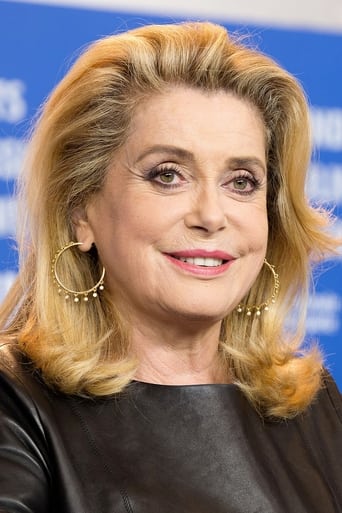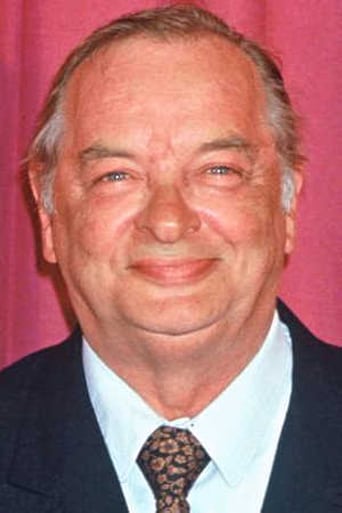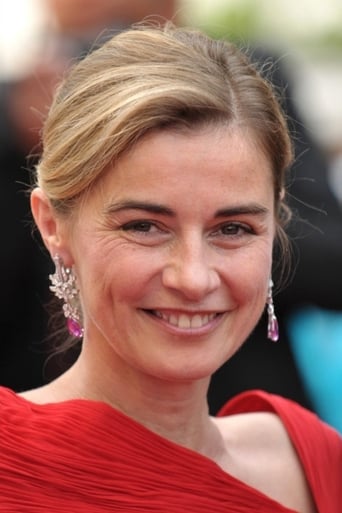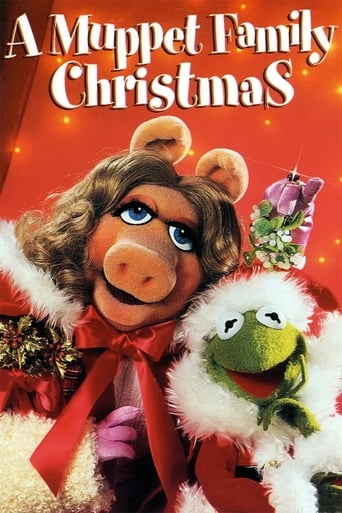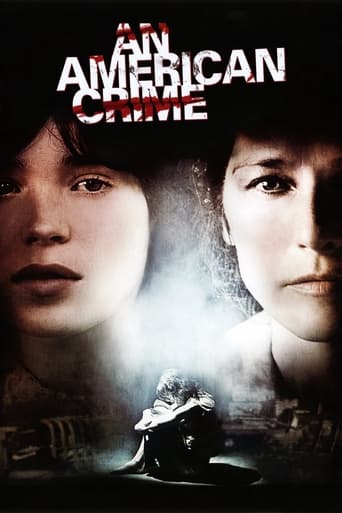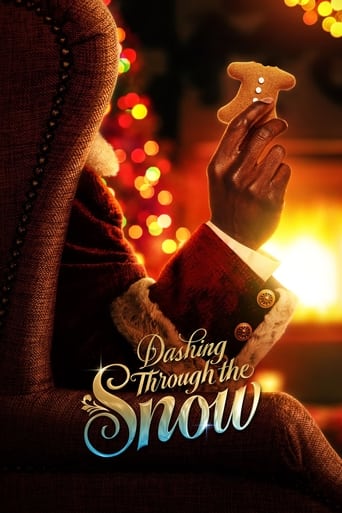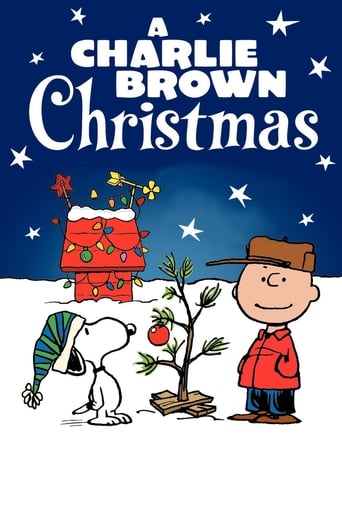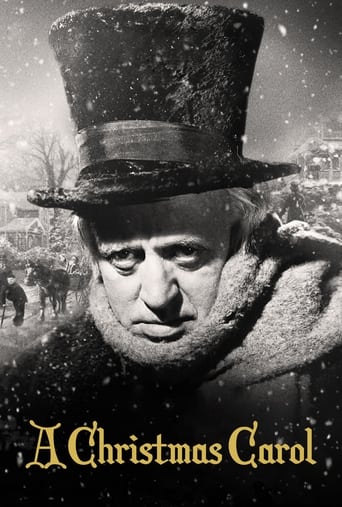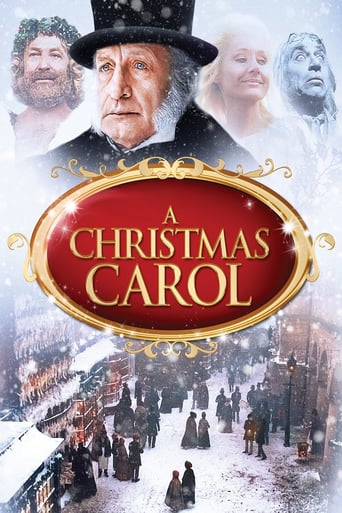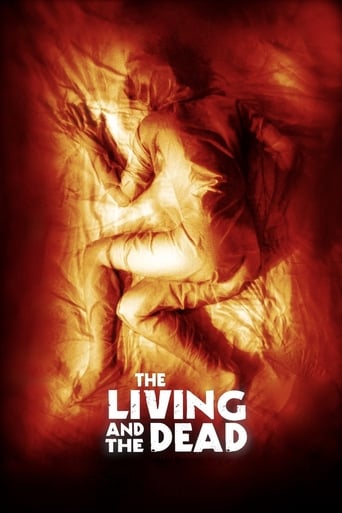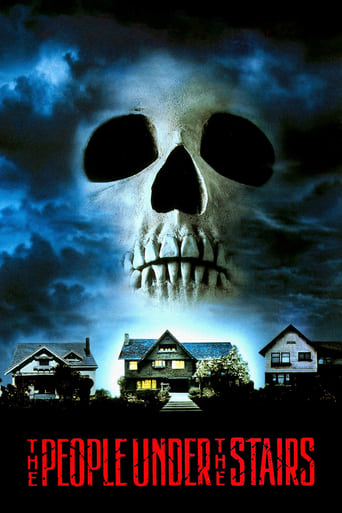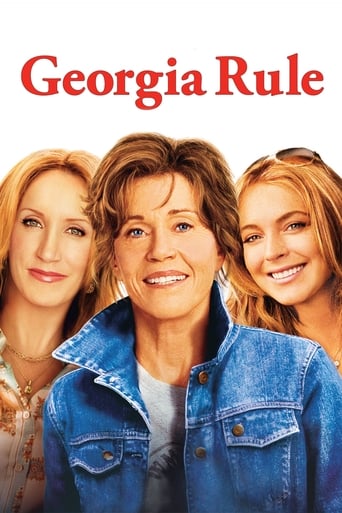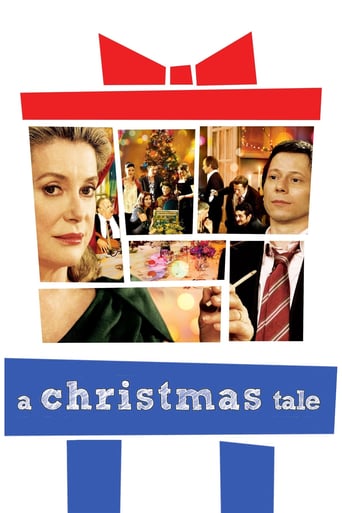
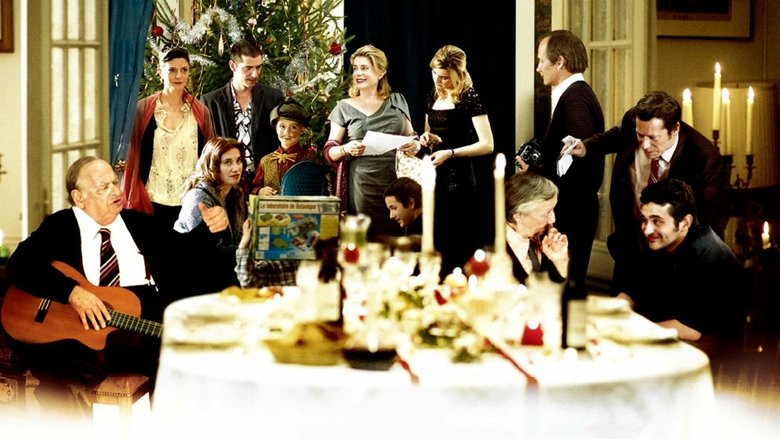
A Christmas Tale (2008)
When their regal matriarch falls ill, the troubled Vuillard family come together for a hesitant Christmastime reunion. Among them is rebellious ne'er-do-well Henri and the uptight Elizabeth. Together under the same roof for the first time in many years, their intricate, long denied resentments and yearnings emerge again.
Watch Trailer
Cast


Similar titles
Reviews
Today is Christmas Day, so it is the most apposite time to watch this French drama, rife with cancer, marrow transplant, siblings rivalry, unstable mentality, chronic depression, familial incest and distant mother-child relationship, very Christmasy! A follow-up of KINGS & QUEEN (2004, 6/10), French art house director Arnaud Desplechin concocts a fine potpourri of familial entanglements around the bourgeois Vuillard family, opens with a consequential animated preamble of the loss of their eldest son Joseph at the age of 6 due to a hereditary blood disease while no compatible marrow transplant is found in both parents, the daughter Elizabeth (Consigny) and the second son Henri (Amalric), who is conceived to offer a cure to his elder brother. But time goes on, a third son Ivan (Poupaud) is born, and now they are all grown-ups, then the matriarch Junon (Denueve) discovers that she suffers from the same disease, the only compatible donors are Henri and Elizabeth's son Paul (Berling), hence this Christmas, a family reunion is endowed with a more grave determinant, especially for the black sheep in the family Henri, after a 6-year banishment (due to an unspecified riff with Elizabeth), his return with his new Jewish girlfriend Faunia (Devos) will undoubtedly thrust the tension with Elizabeth's family and have an impact on Junon's final resolve to her impending treatment.Screen time is almost equally allotted to the all-star cast with their own stories intermingle in a short span of the time-line, although the main stream focuses on Henri and Junon's reconciliation, but it is not a beatific movie to bury the hatchet and embrace a pristine future, every family has its distinctive script written with plenitude of relatable interactions, notably, the mutual attraction between Ivan's wife Sylvia (played by Chiara Mastroianni, Denueve's real life daughter with Marcello Mastroianni) and Ivan's cousin Simon (Capelluto) clicks wonderfully in the latter part of the film, it is very French as well, for moralistic puritans and prudes, it is a sheer crevice in their convictions which will prompt harsh opprobrium. One trait of superfluity is the chunk of monologues, colloquies with staccato coherence, loose ends are all over the place, we can never decipher the real motivations and reasons behind certain behaviors which adhere to a particular terrain of mores; also the peephole shots introduces each chapter gives the film a stage structure and the occasional talk-to-the-camera shtick often comes out of nowhere, they may variegate the viewers' recipiency but are inconsistent in the plot development and engender some distractions hinder the appreciation. Amalric and Mastroianni are my pick among the ensemble, he is a true thespian with utter devotion while she bears her father's resemblance and an arresting existence whenever she is on screen. Devos is enjoyable as an unobtrusive intruder (reminds me to watch an Angela Basset film), Denueve is as distant as always, graceful but stereotyped, Poupaud is too damn good- looking for his shyness and benevolence and Consigny is perpetually frowned and distressed, enclosed in her own little world, one might feel too depressed to invest in her. In conclusion, it is not your average Christmas flick, but a less chic showpiece about kindred liaisons than Assayas' SUMMER HOURS (2008, 8/10).
ALERT- there are spoilers here: This film is maddening in that the characters on many levels are completely unsympathetic...and yet they manage to draw you in and elicit empathy.The acting is superb. I loved the music and the jerky cinematic quality- making it look like a home movie at times. In this respect, the cinematography reminds me a bit of Cousin Cousine and the shots of the family in that film at the party.The story was multi-layered. Many times I expected some violent incident but I was immensely relieved that the film never resorted to this type of a device.Questions are posed, mysteries are revealed and the questions remain unanswered at the end of the movie. Nothing is neat. All is messy and unresolved in away that is true to life. The relationship between Junon and her husband is unusually tender and believable. I loved the hematologic subtext. Even more- I loved the ending with its reference to The Tempest.
When the Vuillard family comes back from church, on Christmas eve's day, they suddenly realize that Simon the painter is missing. Father Vuillard suggests that his children go to search him, because he has an inclination to drink and gets easily into fights. Since Ivan's wife does not want to go, his former lover Elizabeth goes. Driven by a woman's infallible instinct, she finds Simon immediately in one of those rare bars that are open at that time in Paris, the owner and the guests being mainly Muslims for whom there is no reason to close up during the Christian holidays. And now there comes one of the most wonderful scenes between man and woman in the history of movies: He has already "piccolé" as the French say (is pretty intoxicated) when Elizabeth sits to him at the bar. Simon is just going to order another beer with "side-kick" (probably Wodka), and Elisabeth says first: Do you not think you had already enough for today? - He answers: This is none of your business. There she responds: Well, I am feeling in the same mood as you do and therefore drink the same as you drink. So, there are sitting until almost 4 o' clock in the morning in the little bar and are drinking beer and Wodka, having wonderful discussions because soon, they are on the same "level", and, on top of all, they are even going to get reconciled letting passing revue what went wrong in their common past, and we hear out of Simon's, and soon also out of Elisabeth's mouth some of the most astonishing confessions that they would probably never have been able to utter in any other environment (there is a joke in French between "s'enivrer" = getting drunk and "environment").In Douglas Sirk's "Written on the wind", there is a similar scene between Robert Stack and Lauren Bacall. Robert escapes a family ceremony and goes boozing in his favorite restaurant, Lauren follows him. But unlike the scene in Desplechin's movie, the confrontation between the two marks only the definite end in their mutual understanding. Rainer Werner Fassbinder, in a book-fragment on Sirk's work, wrote: "Robert starts again to drink. Now, it shows that Lauren Bacall has no solutions for her husband. Instead of going to booze together with him, instead of trying to understand some bits of his grief, she gets more and more pure and causes one more and more to throw up" (translated by the present author from: R.W. Fassbinder, Filme Befreien Den Kopf. Frankfurt am Main 1984, p. 16).Another wonderful example of women-power happens between Faunia (Emmanuelle Devos) and Henry (Mathieu Amalric) who plays her lover. Henry, being a drinker, lets himself provoke to analyze the miserable situation of their dysfunctional family in an extremely theatric way attacking directly the husband of one of his sisters who sits besides him. After he is knocked down by this husband and lies on the soil, Faunia seems to be amused by not startled at all about this situation. When he gets on his feet again he throws her his car-keys on the table and says that she has come in the wrong moment to meet his family and that he wants her to "scram". But she sets up one of her absolutely disarming smiles, shoots him with a short but highly intellectual comment and asks him if this would not be nice of him to bring her now a coffee. Henry's face looks like a tank was driven over it.Arnaud Desplechin's movies are as far away from everything that is produced by or imitated from Hollywood as they can be. They are symphonies of style where the rhythm seems to tell the different interwoven stories rather than they are connected by an inner succession. This film consists practically exclusively of a super-all-star cast of the most famous still living French actors. A true highlight.
It just doesn't get much better than this for fans of movie-making or fans of music, art, literature, philosophy even algebra? Arnaud Desplechin uses Robert Altman's impressionistic approach to film-making taking multiple characters, plots lines then adding Altman's playfulness with cinematic technique to dazzle the viewer with a rich mix of ideas and allusions. Watching, you just don't want it to end.The actors hereas in Altmantake center stage. Catherine Deneuve is the reluctant matriarch of some pretty messed-up siblings. We aren't ever clued in on the exact details of the rifts and jealousies. We just recognize them from our own family experiences. During an introduction to the cast of characters at the beginning of the film, the death of a young infant early in the family's history suggests that interpersonal problems will result, but it can't be the sole reason for the pathologies represented. As in life, it's never a simple thing to find the "reason" for conflict, unhappiness or even joy. We simply have to accept it and make the best of the situations before us. And this film is a wonderful demonstration of making the best of a real mess.There's not a weak link in the cast. And as the bizarre begin to assemble for a very strange Christmas homecoming the delight we feel for being onlookers instead of participants is palpable in the audience.I should warn that this is not a film in the tradition of "Home Alone" or "A Christmas Story." You may wait a long time for the Baby Jesus to arrive here (as the children on the screen do). It's more a film about family life and the peculiar kind of fulfillment we get from the strife that results. As with the "ghost wolf" in this family's basement, we're haunted by the familiar and the strange: it's both fearful and thrilling to see. And that's a very admirable accomplishment for Arnaud Desplechin.


